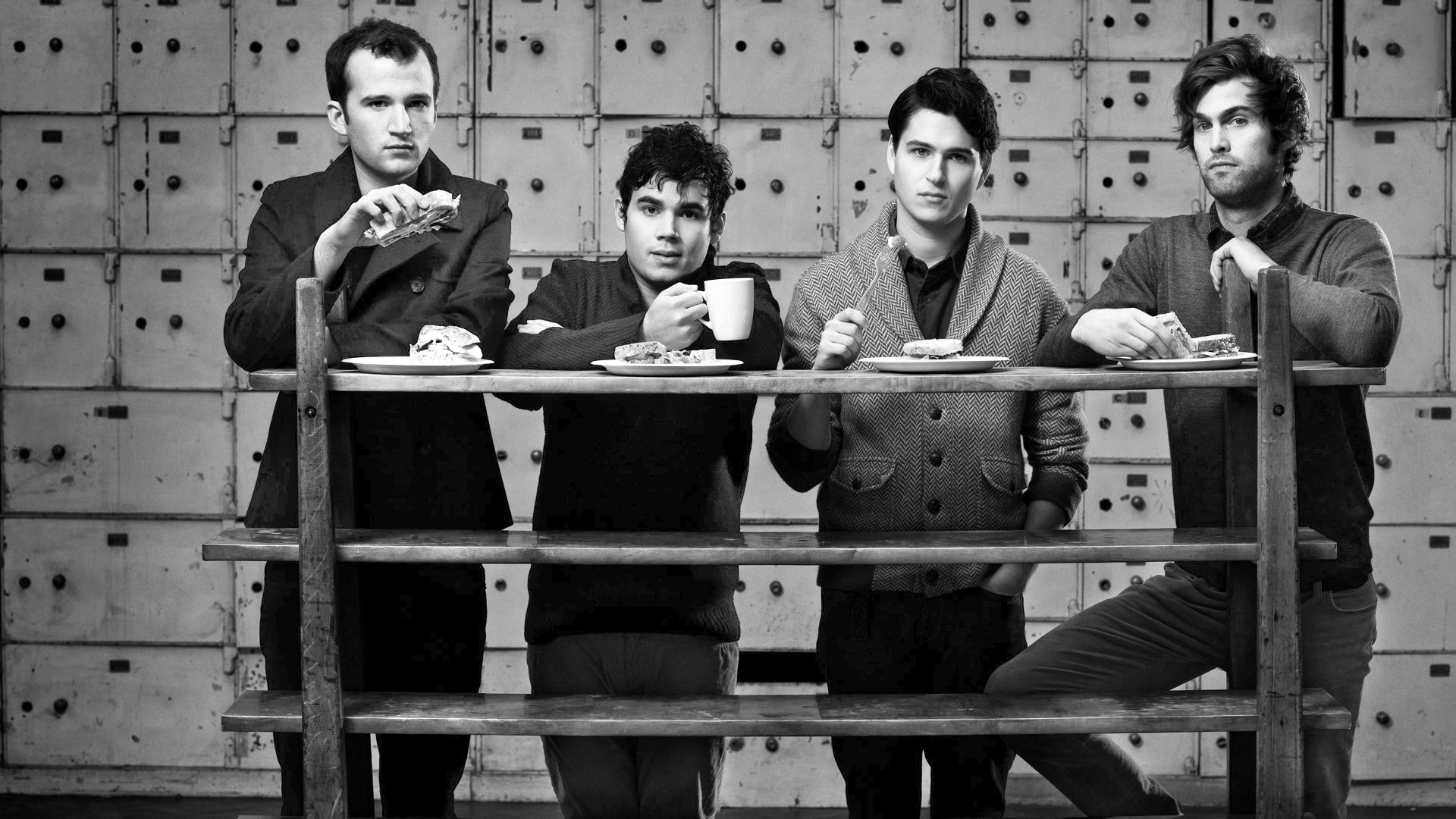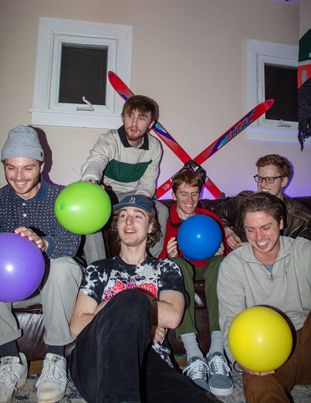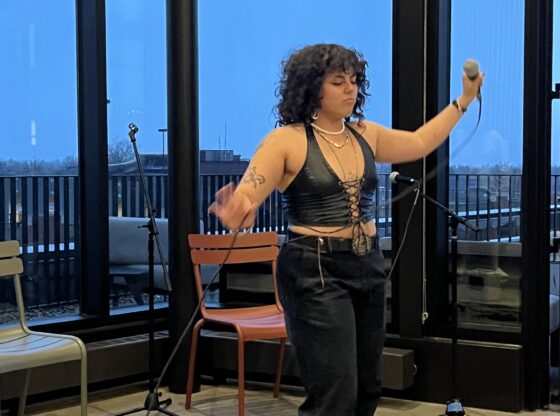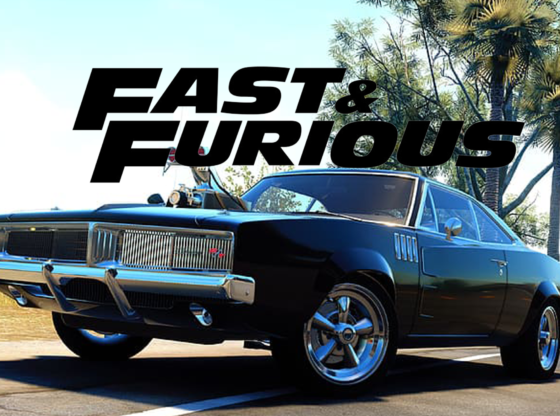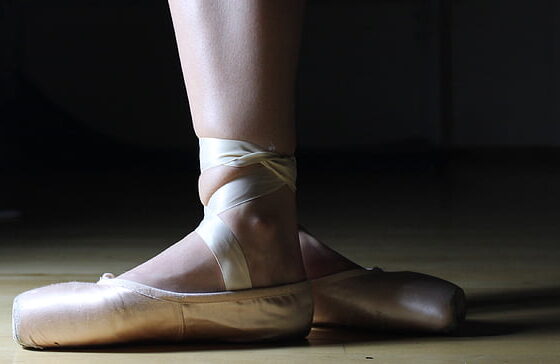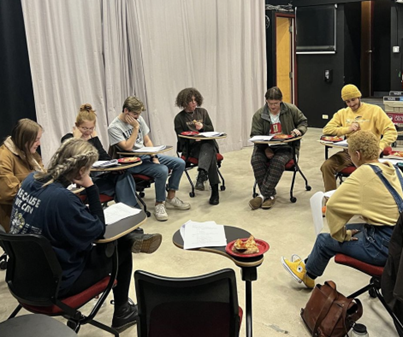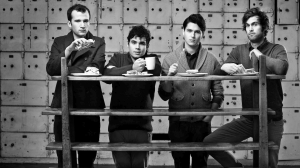
Vampire Weekend has always been unique in the sense that there’s both a lot to love and a lot to hate about them. On the plus side, you’ve got a band with razor sharp hooks, solid musicianship and a highly versatile lead. On the other hand, Vampire Weekend’s lyrical themes, which often revolve around a sort of “woe is me” Ivy League emotional detachment, have served as a bit of a lightning rod for those who find the group more than a little bit pretentious.
No matter which camp you previously landed in, Vampire Weekend’s much-anticipated third record, Modern Vampires of the City, is an impressive piece of work. It’s the band’s most mature record to date, and consistently uses more traditional instrumentation in a way that feels strikingly new for the band. And although it’s not nearly as immediate as sophomore effort Contra and occasionally has some ill-informed electronic experimentation, this is Vampire Weekend at its absolute best.
The record begins unassumingly, with opener “Obvious Bicycle” immediately re-introducing Ezra Koenig’s charming voice layered over slow percussion and a somewhat regal-sounding piano. Where the group’s last two records have opened with highly immediate tracks, “Bicycle” is given some more time and space to grow, and for the first time, Vampire Weekend almost sounds old-fashioned. It’s a wonderful opener that owes itself to more traditionally American influences than anything Vampire Weekend’s delivered before, and is a strong demonstration of the truly mature and confident group at work here.
The best that Modern Vampires has to offer combines Weekend’s knack for clever hooks and tight orchestration with more traditional instruments. “Unbelievers” uses a ‘60s rhythm to great success, while “Don’t Lie” and “Finger Back” showcase old-school rock organs in place of what would probably have been synths on the group’s prior releases. Perhaps one of the best moments on the record is the piano solo towards the end of the mid-album “Hannah Hunt,” which feels like a nod to Springsteen’s best—in general, the use of piano on this record is fantastic.
The more mature aesthetic on this record makes it tough to pick an immediate standout, but if the record does have one, it’s probably the late-album showstopper “Worship You.” Opening with a feverish guitar line and snare beat, Koenig quickly pops in, spitting out some breakneck sixteenth-note verses. While some may find the approach grating, you’ve got to appreciate the sheer technical mastery of it, and the chorus later opens up as the most beautiful moment on the record. You can really see the sonic landscape on this track, and it feels like something Vampire Weekend could never have come up with before.
The only really questionable moments on this record occur when the band over-uses vocal manipulation, as it does on “Step,” “Diane Young” and “Ya Hey.” All of these are nice enough songs, but when Koenig’s already effervescent vocals are fed through a vocoder, it just sounds irritating and completely takes you out of the moment.
The good news, however, is the specific nature of these downsides also makes them quite easy to avoid, especially when practically everything else on this record is done quite well. Modern Vampires of the City is an almost uniformly strong third record, one that revisits some of Vampire Weekend’s signature techniques but also takes the group out of its East Coast polo-wearing niche. It’s the group’s most mature and thoughtful work to date, and ironically, its more traditional approach feels like the band’s most innovative move yet.

